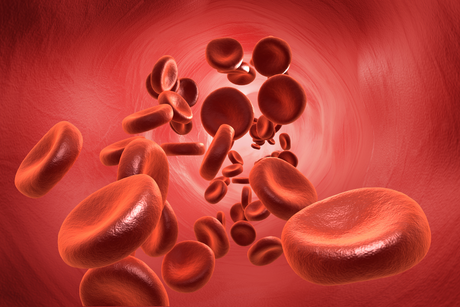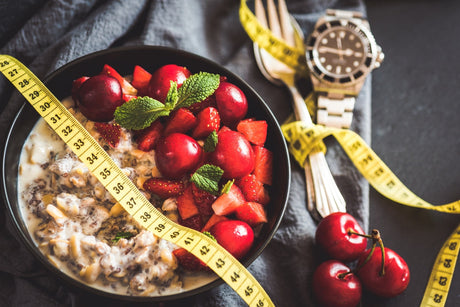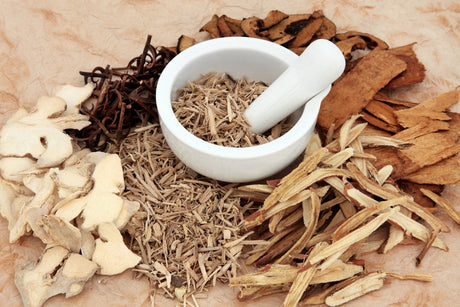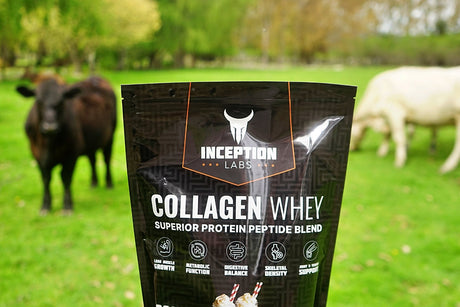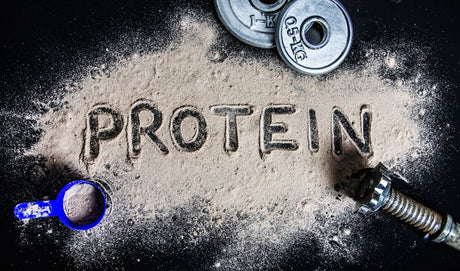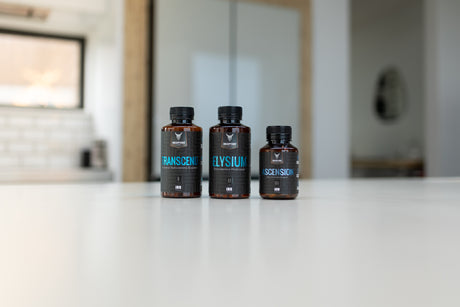There are many different types of protein powder on the market, all with different characteristics and benefits. Before we dive into talking about the different types, we need to cover exactly what protein is.
In nutritional terms, protein is one of the three primary macronutrients that our bodies need to survive. Like carbohydrates and fats, we consume a significant amount of it and it is used for fuel, which is why it is deemed a “macro” nutrient. We need a comparatively small amount of vitamins and minerals every day, so they are referred to as "micronutrients". Protein is contained in various combinations and quantities in every food we eat - even vegetables. Unlike other macro and micronutrients, our bodies cannot store protein, so we must get it consistently through the foods we eat, and/or the supplements we take.
Not all protein powders are created equal, let’s look at the most popular types that are currently on the market.
Whey Concentrate
Whey concentrate is arguably the most popular form of protein powder. By nature, whey protein concentrate (WPC) contains between 70-80% protein per gram along with higher levels of lactose, fat and biological compounds. On a gram-for-gram basis, WPC contains less protein than whey protein isolate, however it is more in-tact and contains higher levels of growth factors like IGF-1, healthy fats such as conjugated linoleic acid (CLA) and higher levels of immunoglobulins to support immune function.
Whey Isolate
Whey protein isolate (WPI) contains a higher percentage of pure protein, typically anywhere from 90% - 96%, and are virtually lactose, carbohydrate,
and fat free. These are a great option if you are on a weight-loss journey due to the refined nature of WPI. Many people who are sensitive to lactose (not to be confused with those that are lactose intolerant) can stomach a high-quality WPI with no issues.
Whey Hydrolysate
Whey protein hydrolysate (WPH) is essentially a ‘pre-digested’ protein that requires another step in the manufacturing process, making it the most expensive of all whey protein supplements. The human digestive system hydrolyses most proteins before it can be absorbed in the body, so by mimicking this process during manufacturing, it means WPH requires less digestion and quicker absorption into the body.
Casein
Casein is a popular choice as a night-time protein. Our bodies absorb casein typically within 3-4 hours, whereas other forms of whey protein get absorbed in as little as 20 minutes.
Mass Gainer
Mass gainers are a little different to normal protein because they contain substantially more carbohydrates and high-quality calories. Mass gainers contain approximately 1000+ calories per serve, so they are ideal for those who find it hard to put on body mass through food alone.
Hydrolyzed Bovine Collagen
Hydrolyzed bovine collagen protein is a highly bio-available protein that is extremely low in fat, sugars and carbohydrates. Bovine collagen is the superior form compared to shellfish, and has many added benefits over whey protein such as improved gut health, enhanced digestion and increased bioavailability (the volume that our bodies can effectively absorb).
Should I take protein powder?
Some people can get all of their daily protein requirements they need from food alone, but many of us find it is too expensive, inconvenient, or just uncomfortable to eat the volumes of food required to reach our daily protein targets. This is when it can be helpful to use protein powders.
If you're aiming to increase your protein intake, having a shake or adding a scoop of protein to your morning smoothie is an easy (and delicious) way to get an extra 25 grams of protein into your diet.
Protein powder also works surprisingly well in many recipes for cooking and baking, but you need to make sure that the protein you are using is heat stable and won’t denature when subjected to intense heat. We recommend using ATP Science’s Noway protein as it is the only protein that is heat stable.
In the past, shakes were something most people associated with bodybuilders or athletes. Today they're far more common, with teenagers and adults of all ages regularly using them.
When should I take it?
For those of you who are training, we suggest 2 shakes per day, with one of these shakes being consumed post-workout when your muscles are fatigued and can hugely benefit from the protein for recovery. How much protein you should take depends on factors such as body type, lifestyle, and goals. We recommend you seek a professional opinion.
What is the best protein?
To find the right protein supplement, you first need to establish what your goal is. It all comes down to which will deliver the best results for you, as opposed to what is seen being advertised over the internet. Quality advice is key, so please feel free to pop into one of our stores or send us a DM, and we can make sure you are on the best protein for your goals!
Recommended Protein
ATP Noway Bovine Collagen
Fantastic every-day protein which is easy on the stomach and has a wide range of benefits, including gut health, hair, skin, and nail health, and digestion.
BSN True Mass
Great for when you don’t eat enough food throughout the day due to the carbohydrate content. Take half a serve, twice daily.
Zealea Whey Concentrate
We believe it’s one of the best NZ made proteins on the market and great value for money at only $39.90 for 1kg. It also isn’t loaded with sweeteners and additives like other similar sized bags of whey.



